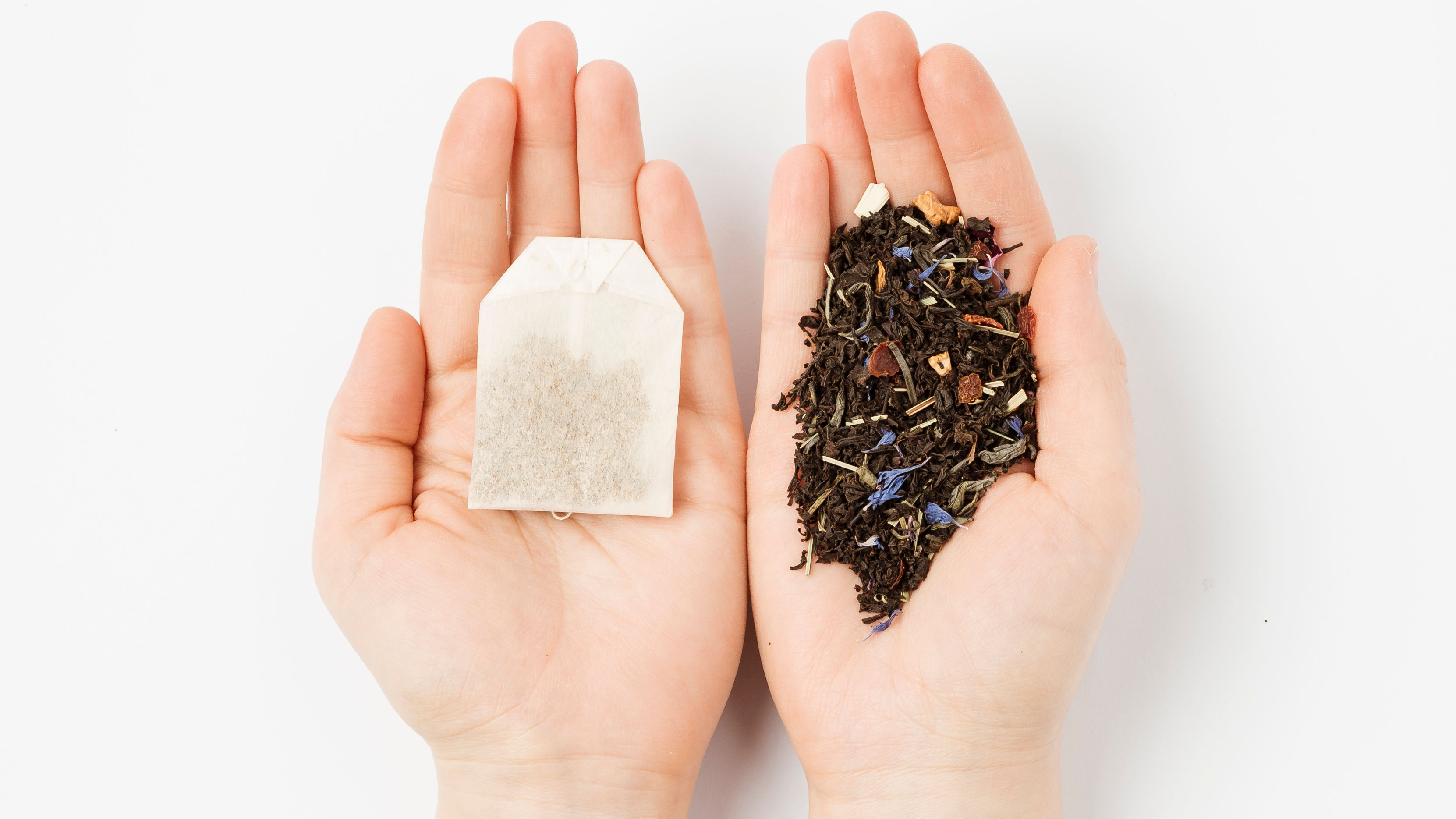
You may have seen a pretty big news story on the tea front that we highlighted in a press release: Lipton has lost over a third of its sales in Sweden in 2024*). That's a big drop for the biggest tea brand in Sweden. But does this mean that Swedes are drinking less tea? No, quite the opposite.
What's happening right now is that the market is changing. The big brands are caught between two strong forces. On the one hand, we have the own brands of the grocery chains, pushing down prices and taking up shelf space with their budget and organic products. On the other, there's a growing curiosity for higher-end teas: specialty teas, teas from specific countries/districts, and trends like matcha and cold brew. (This is where we are, hint, hint...)
Swedes still drink less tea than in many other countries, and we are still a coffee country. But even in a relatively small market, you can see clear shifts. A few years ago, tea bags with different flavors were the obvious choice in many homes. Today, more and more people are discovering new flavors, learning about origins and embracing traditions from other countries.
This is something we at Te-Centralen notice every day, both in the online store and in the physical store. The questions are becoming more and more specific: What distinguishes a first harvest Darjeeling from a second harvest? How much caffeine is there in a particular variety? How to brew to get the best taste? Our interpretation is therefore that interest in tea is growing.
Of course, we are not happy that other companies are having problems. But the fact that Lipton is losing market share can also be seen as a signal that consumers are moving away from the standardized and looking for something more. We think this is good news both for tea lovers and for the industry as a whole. The more people discover that tea can be more than a quick tea bag in a cup, the more room there is for diversity and quality.
For us, this is of course exciting. We get to help guide, inspire and maybe even surprise with new varieties and stories. And we hope that Lipton's bottling will not only be an industry first, but also get more people talking about tea in Sweden.
*)Some details: According to the latest annual report, Lipton Sweden lost 118 million SEK (about $12.3M) in sales in 2024 compared to the previous year, from 326 million to 208 million (approximately from $34M to $21.7M). This represents a decline of around 36%. At the same time, they reduced the number of employees from 13 to 11 people. The annual report expects the first half of 2025 to be tough, but with an increase in volume in the second half.